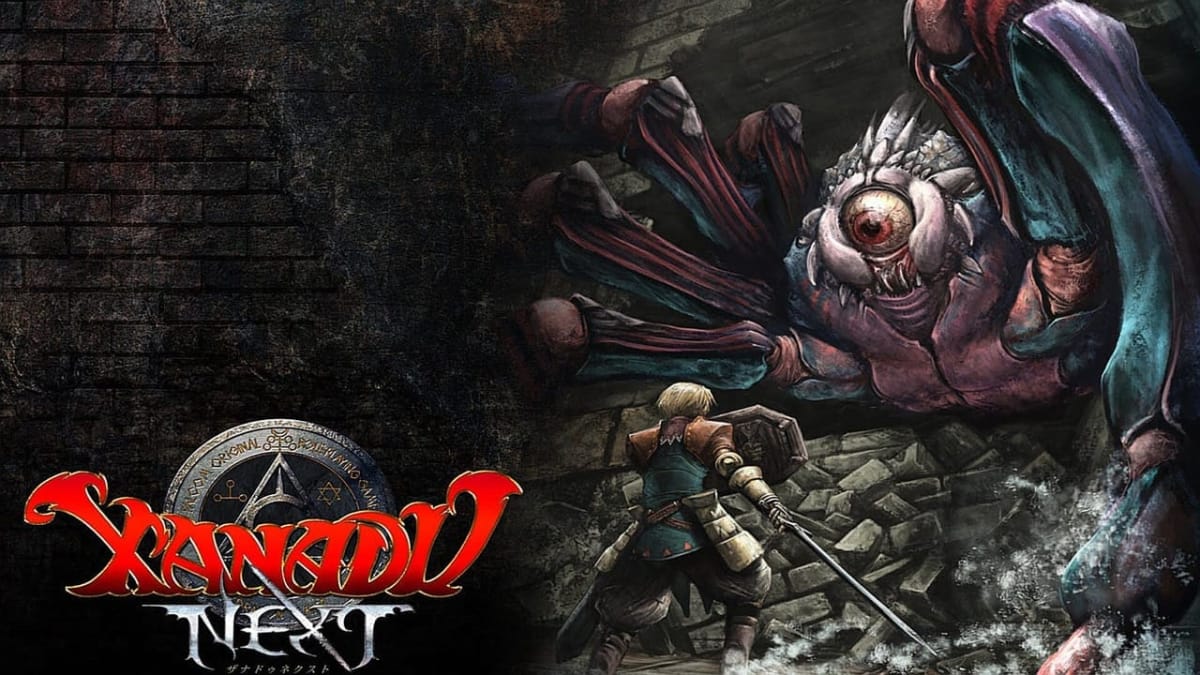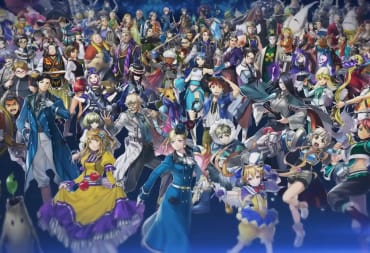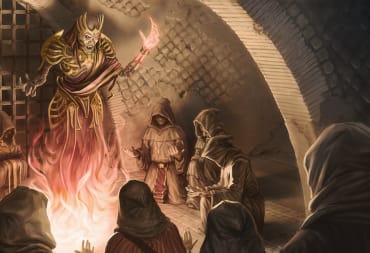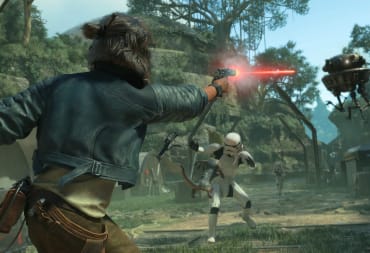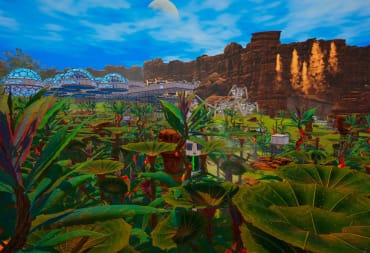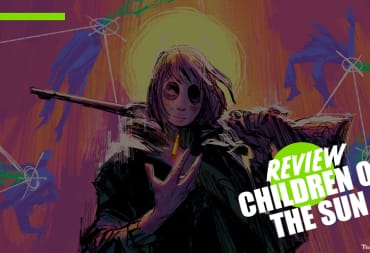I remember first reading about Xanadu Next during a discussion about the Ys series with a couple of friends. While the discussion continued onwards to other games that Falcom have made, one of my friends talked about how he considered it to be on the same level of quality as Diablo II. I can't say I completely agree with that comparison - for starters, although there are obvious similarities between Xanadu Next and Diablo II's gameplay, the two titles are also very different in both their scope and how they individually play. I'd argue that Xanadu Next is closer, mechanically, to a Zelda game - not to mention that since Diablo II is one of the best PC games of all time, it would be incredibly hard for any game to reach those heights. That being said, his love for the game left an impression on me, and after playing the game for myself - I can certainly see why he felt the way he did.
Xanadu Next is an action RPG, developed by Nihon-Falcom - the developers of the Ys and Legend of Heroes series, among many others. Longtime fans of the company are probably already aware of the fact that Falcom has made MANY action RPGs, ranging from the "bumper car" combat of the early Ys titles to the platforming heavy Gurumin, and many other ideas in-between. Xanadu Next is a slower paced RPG compared to some of the companies other offerings. Players take control of the last knight in the world, who has traveled to a town sitting on the ruins of the ancient Xanadu civilization, alongside their sister-figure Char. The duo's initial goal is to infiltrate and study the enigmatic "Castle Strangerock", and potentially find the sword Dragonslayer. Before long, however, things take a turn for the worst as the search for the sword takes on a much more urgent necessity.
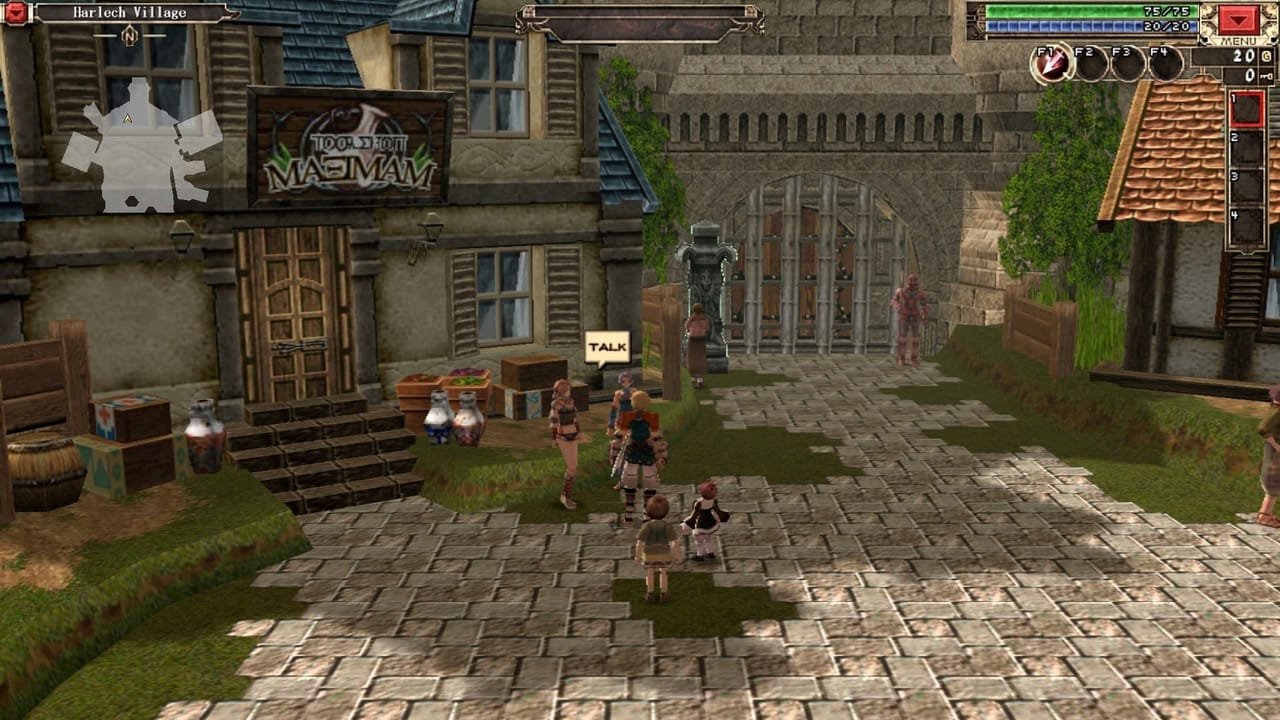
Xanadu Next's gameplay revolves around the idea of mastering weapons, reading spellbooks, and more. Players have their standard attacks and can equip up to four active or passive skills on their character at any given time. Skills are gained by continually using weapons - as nearly every weapon has a unique skill to be unlocked from using it. Once your proficiency with a weapon reaches 100%, you'll unlock the skill tied to the weapon. You can continue to raise your weapon proficiency all the way up to 200%, increasing the power that your character can exhibit with each weapon, and finally unlocking the skill for use even when that weapon is unequipped. The only other way to gain skills is to read spellbooks, and the only way to unlock passive skills of any type is through the weapon proficiency system. Because of this, it's highly incentivized for players to continually swap out weapons, in order to have a larger arsenal of skills at their disposal.
Skills can range from anything like a special attack, to passive boosts to player attack or movement speed, to base stat increases, and more. Since every weapon unlocks one skill, while you could stick with only a handful of weapons throughout the entire game it's easier to justify hopping between weapons whenever you find a new one. Besides the aforementioned skills and each weapon's strength, all weapons of the same class (either one-handed or two-handed) share the same simple moveset. The process of constantly switching out weapons is definitely fun, and the concept of "grinding" weapons to increase their strength and unlock new skills is a compelling one that works in conjunction with the games other leveling systems to make you feel like you're always getting stronger.
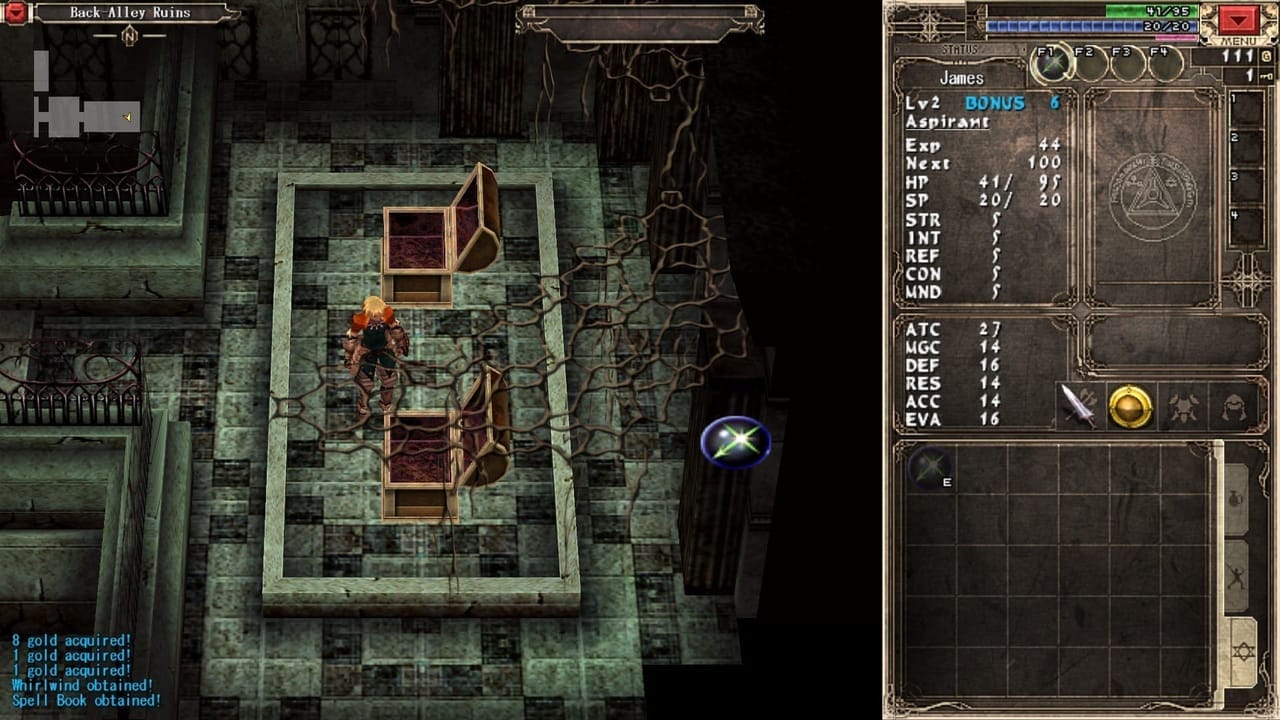
Besides buying and training new weapons and getting new equipment, you're able to attach and switch out "Guardian" spirits due to something that happens with your character in the story. From increasing your max HP, to giving you more bonus points to allot to your base stats when you level up, to increasing the potency of some items, the Guardian system is one more layer of equipment management that players can deal with. Much like weapons, the more you use them the stronger they'll get, therefore having an effect on how any given player might proceed through the game. Using almost any playstyle, players shouldn't have any real trouble completing Xanadu Next - it's definitely one of the easier Falcom games I've played (besides skills, combat dials down to positioning yourself in relation to the enemy when attacking), and it lacks any sort of difficulty selection. That being said, upon clearing the game players are graded on their performance, based on a variety of factors. Because of this, players are encouraged to replay the game at their leisure, to see how quickly they can finish the adventure, and what grades they can receive.
Because of the emphasis on replayability, it goes without saying that Xanadu Next isn't a very long game. My first playthrough took me about fifteen hours, but admittedly a good portion of that was just me grinding out skills using weapons. I certainly didn't need to grind as much as I did - I just decided to, since I thought it was fun unlocking the various skills. Besides the whole meta of unlocking skills and determining where your bonus points you gain upon level up are administered, Xanadu Next is actually a pretty simple game at its surface. A small element system pops up about halfway through the game, but even then you can easily ignore it for the most part. Outside of a few sections in the game that might require a fire spell, magic is more or less optional. The game world is littered with a few optional areas you can explore, but the game never explicitly tells you where you need to go. Despite this, the world design itself, as well as the enemies you run into, subtly guide you along the game's linear path.
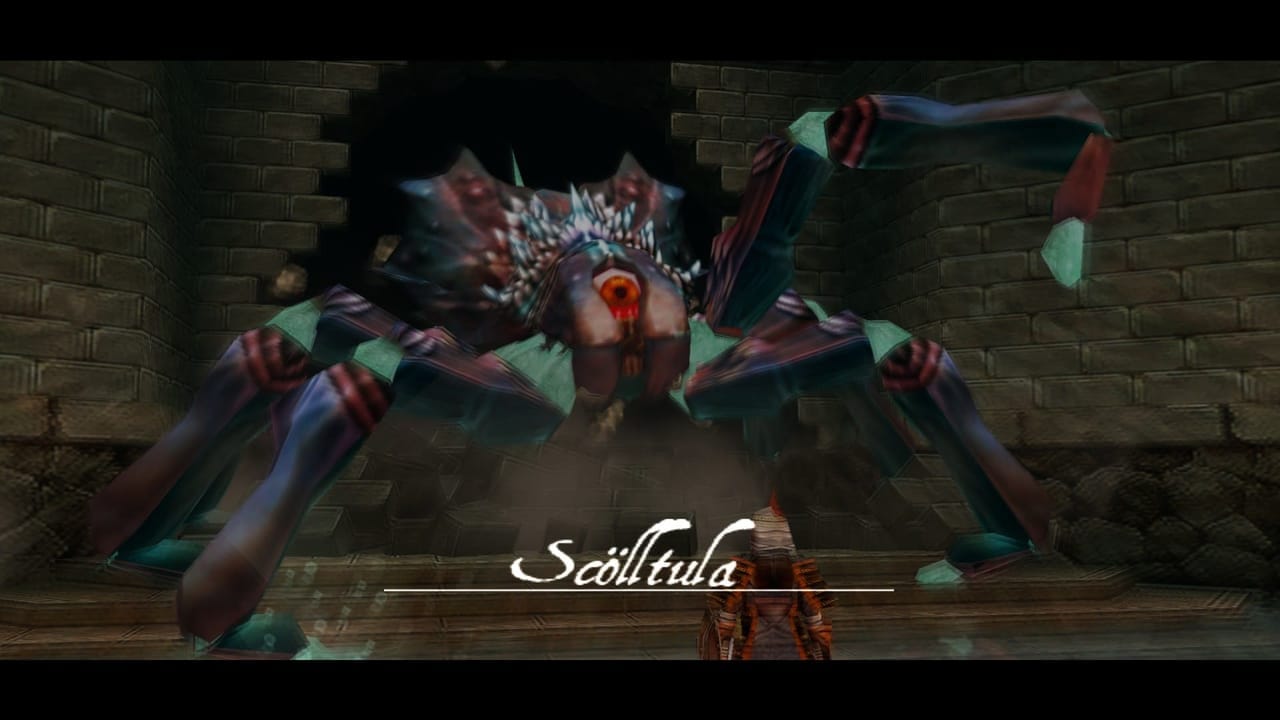
If there was one thing I'd have to congratulate Xanadu Next for, it would have to be its fantastic level design. Much like Dark S0uls (and yes, I'm aware that Xanadu Next came first - I'm just comparing here!), Xanadu Next has the whole "almost every area connects back to the hub-town" thing going on. Multiple times throughout the game, I'd explore through a dungeon for an hour or so, and then find myself popping out right inside town. For areas that don't connect directly to the hub town, they do connect to other areas that do, and in the latter half of the game you'll unlock an item that will allow you teleport between certain spots in the game world that might be farther away from the hub regardless. It works out fantastically, since even before you gain the ability to teleport to specific areas - you're never going to be more than a few screens away from the next area you need to go to once you find a new item.
I think the best way to describe Xanadu Next is this; it's more than simple enough for anyone to be able to play it with little to no issue, but it has enough depth to be engaging to almost anyone, even on repeat playthroughs. Yes, you might already know the game's world like the back of your hand by the end of your first playthrough, but with a better knowledge of the skills you can gain, and the enemies/puzzles ahead, Xanadu Next is a joy to replay. It's entertaining to see just how many different ways you can reach the end, and the various ways that you could save time getting there. The game plays great with either a mouse or a gamepad - if you have a Dualshock 4, I'd recommend using the new Steam support for it if you can, since menus can be tricky to navigate without a mouse, and the touchpad can substitute for one - and the title will run on pretty much any system made in the last decade. For goodness sake, the game's minimum specs ask for a Pentium III!
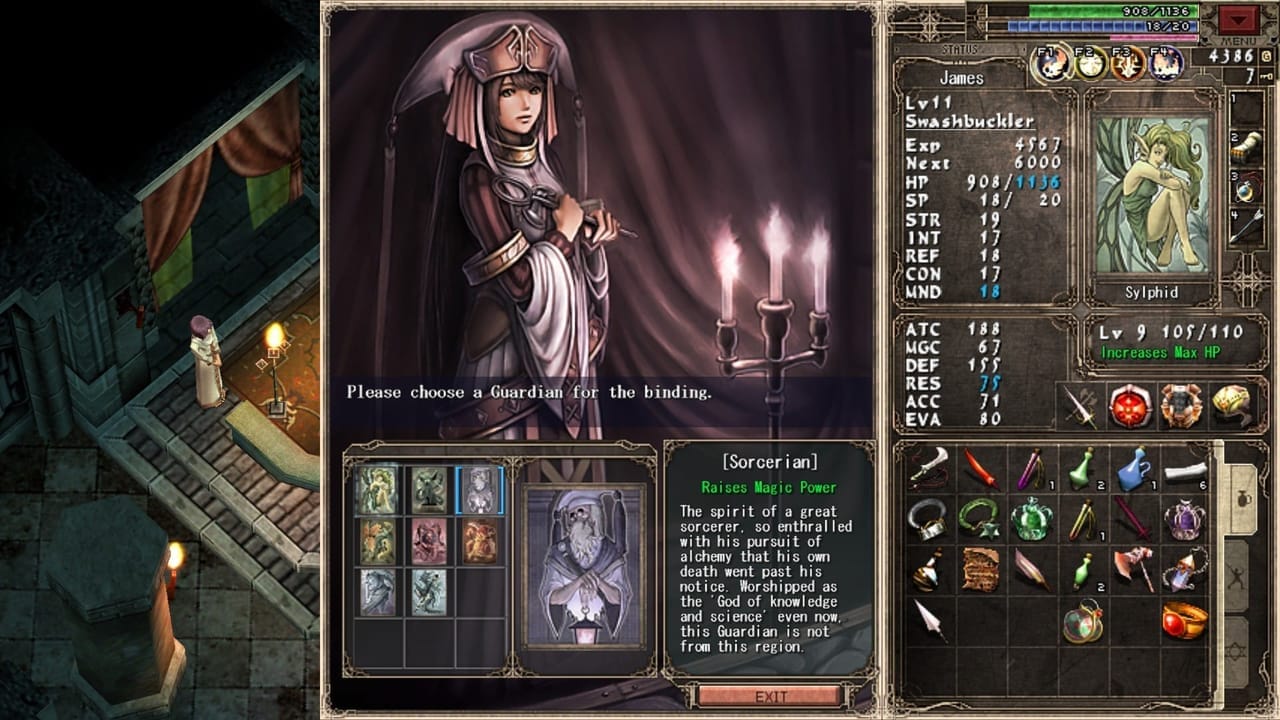
Even when the game released in 2006 it looked like a PS2 game, and it's hard to argue that the title doesn't look a little dated, but the artstyle is definitely still pleasing and clean. As is usual for Falcom titles, the game's soundtrack is phenomenal, with tunes reminiscent of tracks from Ys: Ark of Napishtim, The Legend of Heroes: Trails in the Sky, Brandish: The Dark Revenant, and more. The story, although most of it is hidden behind collectible tabulas and memoirs, is interesting too. XSEED has done a fantastic job translating the title, managing to keep references to other Falcom games such as Dragon Slayer, Sorcerian, and more intact. Falcom has said previously that they develop new Xanadu titles based around the type of games that they develop at the time, and it definitely shows with Xanadu Next. Even if you're not a fan of action RPGs, or have ever tried a Falcom title before, you owe it yourself to play Xanadu Next. It's easily the best PC title that I've played this year, and one game I'll be sure to revisit many times in the years to come.
Xanadu Next was reviewed on PC via Steam with a code provided by the publisher.
Review Summary
Xanadu Next encapsulates the design philosophies of the early-to-mid 2000's Falcom, culminating in one of the best PC games I've played in years. You owe it to yourself to give this game a shot.
(Review Policy)Pros
- Fantastic Level Design With Little to No Handholding
- Great Soundtrack
- Combat Simple Enough for Newcomers
- Combat Depth for Genre Fans
Cons
- Dated Graphics
Have a tip, or want to point out something we missed? Leave a Comment or e-mail us at tips@techraptor.net
